What is Maundy Thursday?
The Missio Dei blog is intended to provide space for a diverse array of voices, stories, and experiences from within and around our community. While we celebrate the ongoing journey of each beloved member of our community and contributor to our blog, the views expressed here do not necessarily reflection the positions, beliefs, or views of Missio Dei as an organization.
By Lydia Foreman, Pastor of Family and Kids
If you have ever wondered what Maundy Thursday is (or perhaps this is the first time you’re hearing of it), you’re not alone! Maundy (that’s Mawn-dee, not Monday) Thursday is part of Holy Week, the week leading up to Easter Sunday. And while you are probably familiar with Palm Sunday, Good Friday, and Easter Sunday, Maundy Thursday oftentimes gets little to no attention by many churches.This special pre-Easter Thursday goes by a variety of names around the global Church (my personal favorite being “Thursday of Mysteries,” so called by our brothers and sisters in the Eastern Christian traditions), but its most well-known name “Maundy” is based on the Latin word “mandatum,” meaning command.This refers to what Jesus says to his disciples after washing their feet in John 13: “A new commandment I give to you, that you love one another: just as I have loved you, you also are to love one another.” Though not recorded in John’s Gospel, this is the same night on which Jesus institutes the Lord’s Supper. It is these final, intimate moments Jesus shares with his disciples which hold the focus of Maundy Thursday.
It’s rather surprising that this holiday gets so little attention. When you read the Gospel passages that cover this part of the story you can’t help but be struck by the drama of it all - the juxtaposition of Jesus’s actions with the knowledge of what’s about to transpire. For example in John 13, Jesus shocks his disciples by getting up in the middle of supper to wash their feet. Not only is the act itself astonishing - the Son of God performing a task reserved for nameless slaves - but is especially so in light of what Jesus knows: his disciples will abandon him just a few hours later when he needs them the most. As John is keen to point out at the beginning of the chapter, Jesus knows that Judas already has it in his heart to betray him, and yet...he washes his feet too. Jesus knows that he will go head to head with the enemy, the Empire, later that evening and yet… rather than steeling himself in solitude, he craved the intimacy of a final meal with his friends, none of whom have the capacity to understand the significance of the evening (Luke 22:15). If there is a narrative rife with more dramatic tension, I can’t think of one.
What lends this scene its drama is also what makes Jesus and the kingdom life so radical. Prioritizing a meal and prayer with friends before facing down your enemies? That’s crazy. Humbling ourselves before our friends who will fail us? Ludicrous. Breaking bread with those who will betray us? Unthinkable. It’s a way of life that is utterly baffling -- truly nonsensical -- to the world. And yet... It’s the very life that Jesus calls us into as his followers.
Since the early days of the Church, communion and foot washing have been performed, modeled after Jesus’s example in the Gospels. In the Middle Ages, the English sovereigns would wash the feet of beggars and distribute alms (today in England, it is the only event in which the Queen goes to others to give what is known as “Maundy Money''). Messianic Jews today host a Passover Seder meal, which recounts the passage of the Israelites out of slavery in Egypt, but also includes the story of the Messiah rescuing his people from the bondage of sin. This is marked by The Cup of Redemption, the cup believed to be one that Jesus told his disciples to drink from after the meal, as described in Matthew 26:27 and Luke 22:19, symbolizing that his blood is the blood of the New Covenant. If you are celebrating this day as a family or in a group - try this practice: reread this scene in the Gospel, wash each other's feet, and pray for a deepening of the attitude of a humble servant according to the example of Jesus. If you’re observing this day alone, maybe quietly meditate upon the radical love of Jesus, asking the Spirit to bring to mind whom you need to forgive. However you observe this day, don’t miss Jesus’s invitation to a life marked by humility, forgiveness, and communal intimacy.
Lydia Foreman is Missio’s new Pastor of Family and Kids. If you’d like to reach her, you can email lydia@missiodeislc.com. If you have a submission for the blog, reach out to Worship and Arts Director David Burchfield at david@missiodeislc.com.

